Rickie Freeman For Teri Jon On Sale – The promise of success in a marketplace driven by capitalism can be an illusion for those who don’t have the resources or opportunities to compete on equal footing. Regardless of the reason, the sale of a business is an event that requires careful planning, transparent communication, and strategic negotiations. Many high-quality products come with a rich history, whether it’s the legacy of a renowned brand or the personal touch of a local maker. There is also a growing trend of online platforms that facilitate the buying and selling of businesses. In a circular economy, items are kept in use for as long as possible, reducing the need for new resources and minimizing environmental harm. The rise of minimalism and a desire for unique, vintage items has also played a role in the growing popularity of second-hand goods. By purchasing second-hand goods, consumers help keep products circulating in the economy, giving them new life and purpose. To mitigate this risk, buyers should ask for detailed photos, read product descriptions carefully, and inquire about the condition of the item before making a purchase. The desire for more, the constant pursuit of bigger profits and greater influence, can lead to exploitation. There’s something deeply satisfying about using an item that was crafted with skill and attention. We start to treat people as commodities, too — as means to an end, as tools for achieving personal success or social status. A high-quality winter coat, for example, will keep you warm and dry through years of cold weather, offering comfort and protection that a cheaper, mass-produced coat cannot match. Quality goods transcend trends and fleeting fads. But is this a reflection of reality? Or is it an illusion we’ve created, an idea we’ve accepted in order to make sense of a world that increasingly revolves around consumption and profit?
At the core of this idea lies the assumption that everything, no matter how unique or rare, can be exchanged. Books, records, and collectibles are also highly sought after in the second-hand market. They become part of the story of the buyer and the creator, connecting people to a tradition of excellence, heritage, and care. Whether it’s the affordability, the environmental impact, or the opportunity to find unique items, second-hand goods provide an alternative to traditional retail shopping that is both practical and sustainable. From the most trivial items in a dollar store to the most precious works of art in a museum, everything can be assigned a price. Vintage clothing, in particular, has gained a significant following, with people seeking out unique, one-of-a-kind pieces that cannot be found in mainstream stores. Similarly, vinyl records have experienced a resurgence in recent years, with collectors seeking out rare albums and vintage pressings.
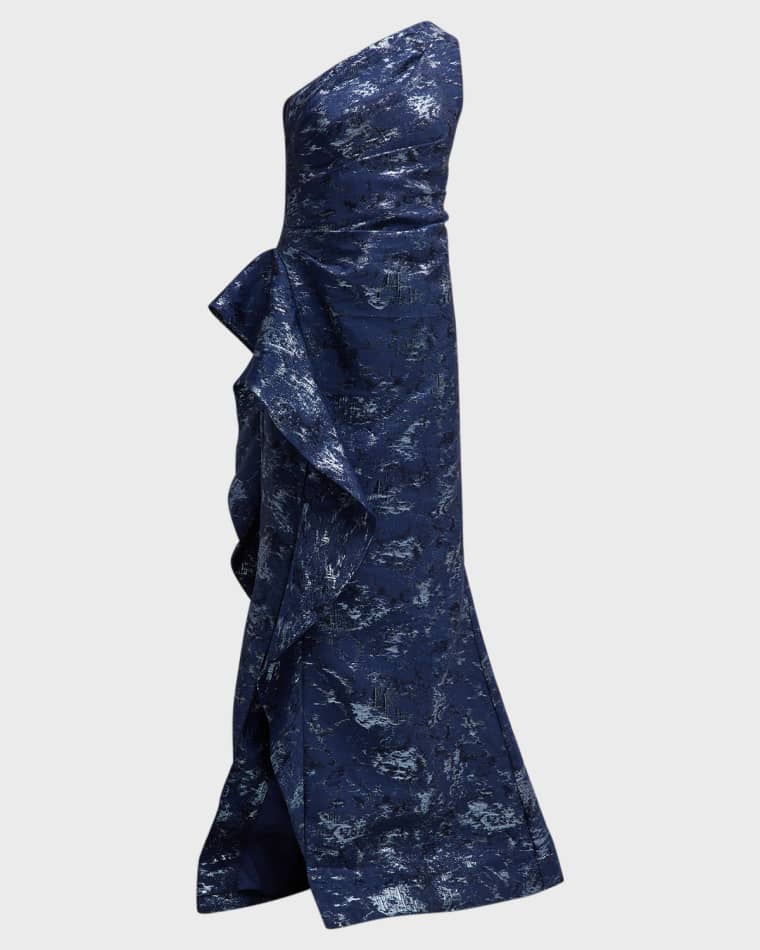
Rickie Freeman for Teri Jon at Neiman Marcus
Luxe essentials for lesspremium materialstransparent pricingethical production Financing with affirmpersonal shoppingdigital stylingfree returns Over 12,000 designerslatest trendsfind the best sales
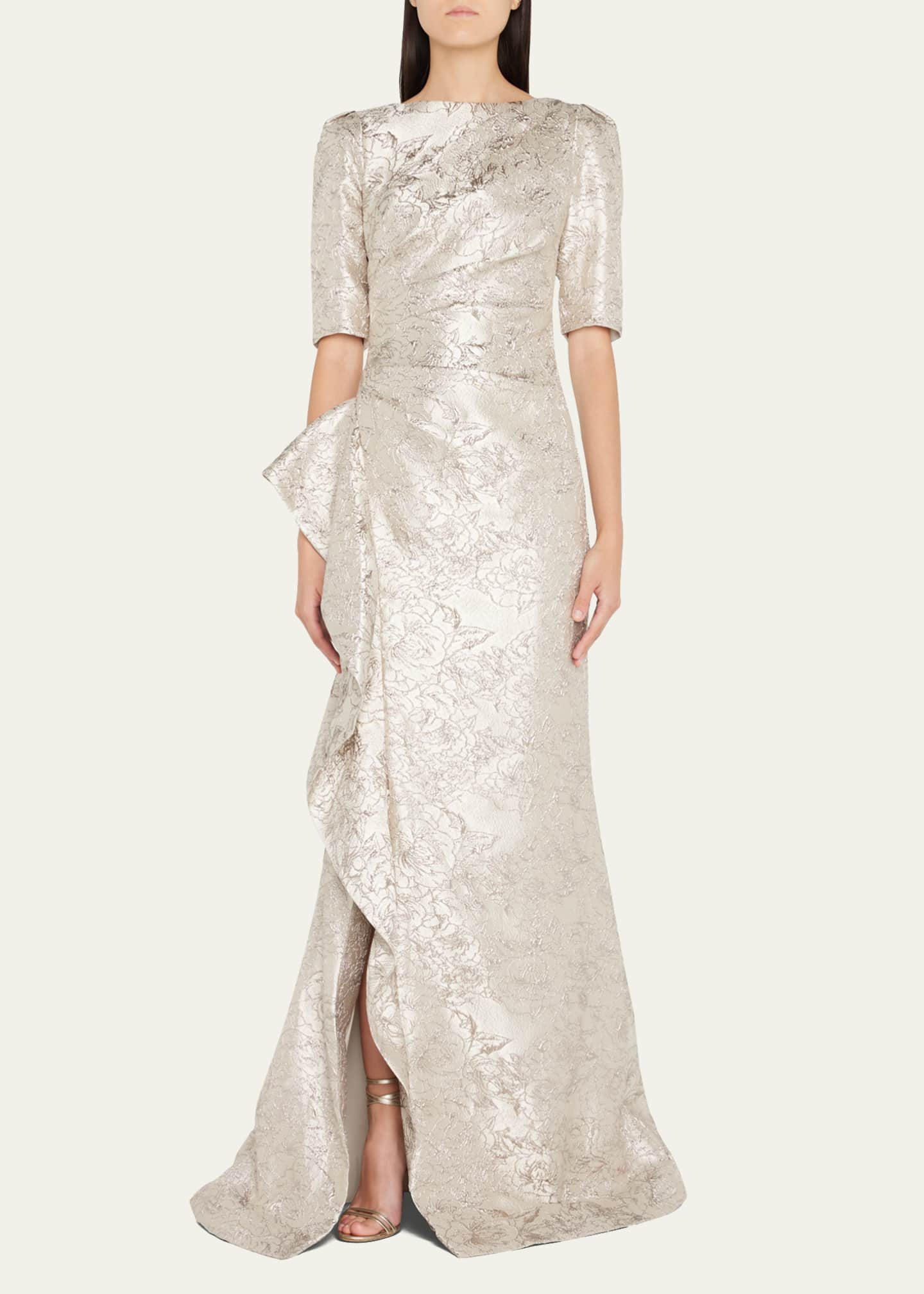
Rickie Freeman for Teri Jon Ruffle ALine Jacquard Gown Bergdorf Goodman
Luxe essentials for lesspremium materialstransparent pricingethical production Financing with affirmpersonal shoppingdigital stylingfree returns Over 12,000 designerslatest trendsfind the best sales
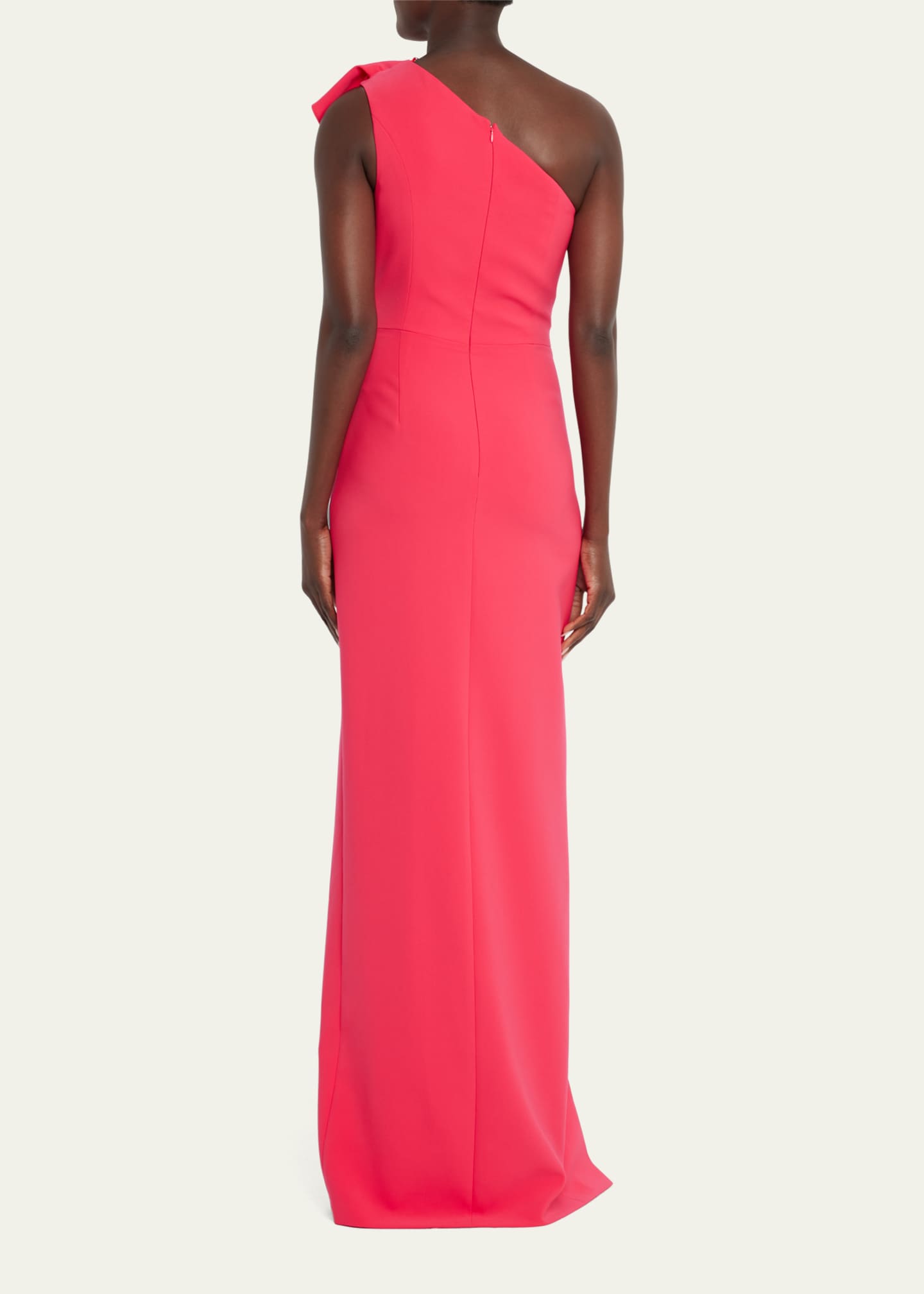
Rickie Freeman for Teri Jon OneShoulder Ruffled Crepe Gown Bergdorf
Financing with affirmpersonal shoppingdigital stylingfree returns Luxe essentials for lesspremium materialstransparent pricingethical production Over 12,000 designerslatest trendsfind the best sales

Rickie Freeman for Teri Jon ALine Dress w/ Floral Embroidery Neiman
Financing with affirmpersonal shoppingdigital stylingfree returns Luxe essentials for lesspremium materialstransparent pricingethical production Over 12,000 designerslatest trendsfind the best sales
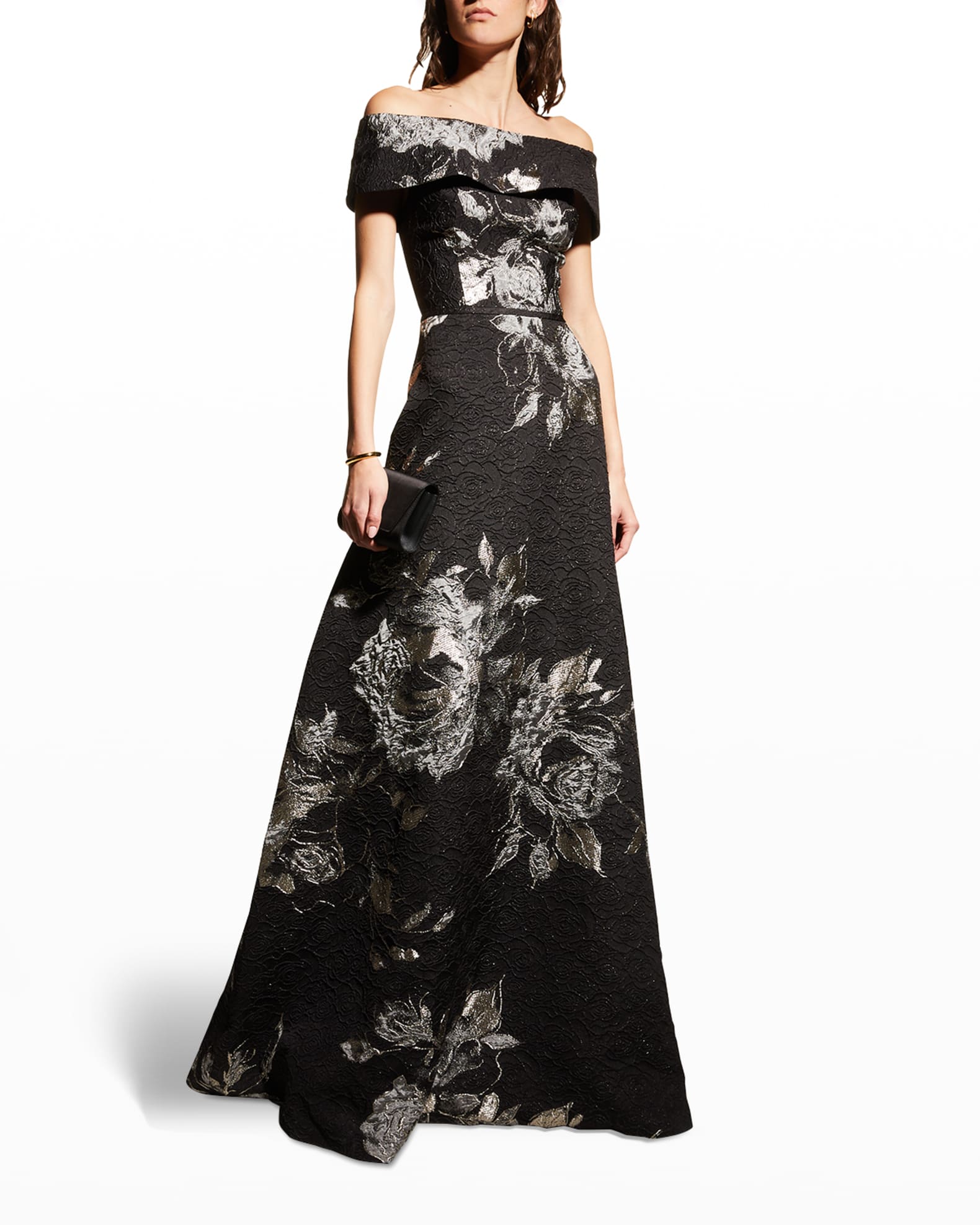
Rickie Freeman for Teri Jon OffShoulder Metallic Flower Jacquard Gown
Luxe essentials for lesspremium materialstransparent pricingethical production Financing with affirmpersonal shoppingdigital stylingfree returns Over 12,000 designerslatest trendsfind the best sales
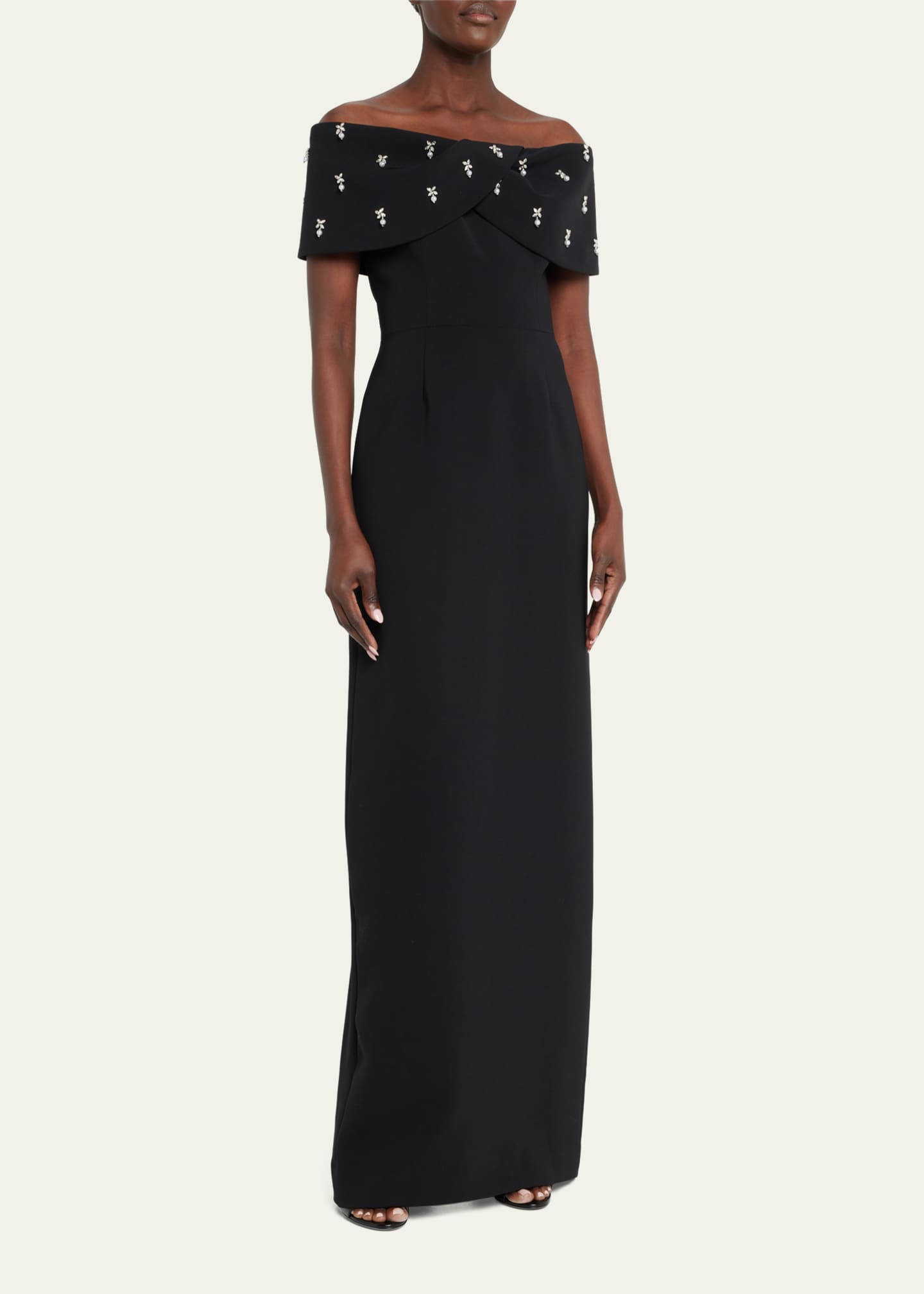
Rickie Freeman for Teri Jon JewelEmbellished OffShoulder Crepe Gown
Financing with affirmpersonal shoppingdigital stylingfree returns Luxe essentials for lesspremium materialstransparent pricingethical production Over 12,000 designerslatest trendsfind the best sales
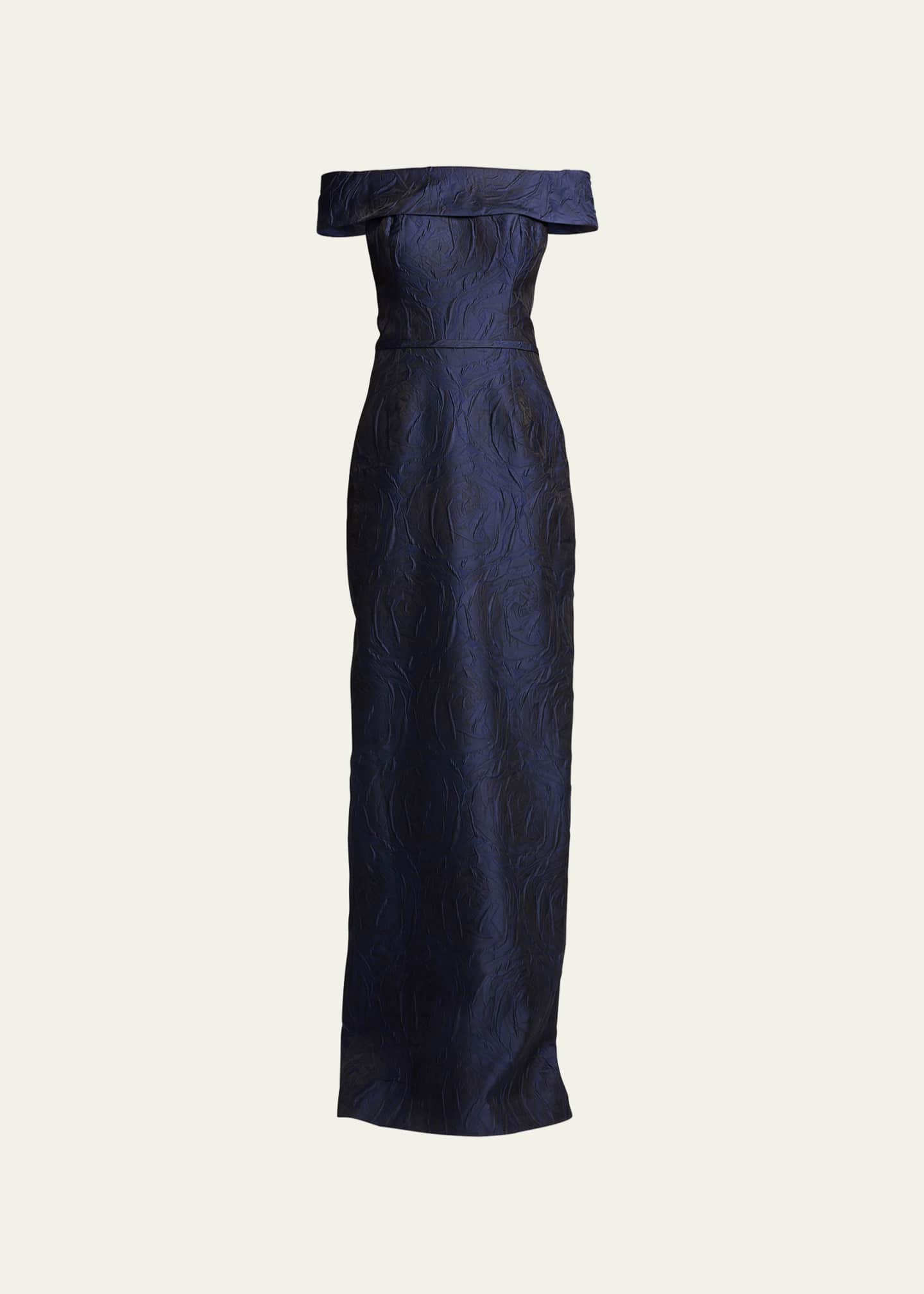
Rickie Freeman for Teri Jon OffShoulder Jacquard Column Gown
Financing with affirmpersonal shoppingdigital stylingfree returns Luxe essentials for lesspremium materialstransparent pricingethical production Over 12,000 designerslatest trendsfind the best sales
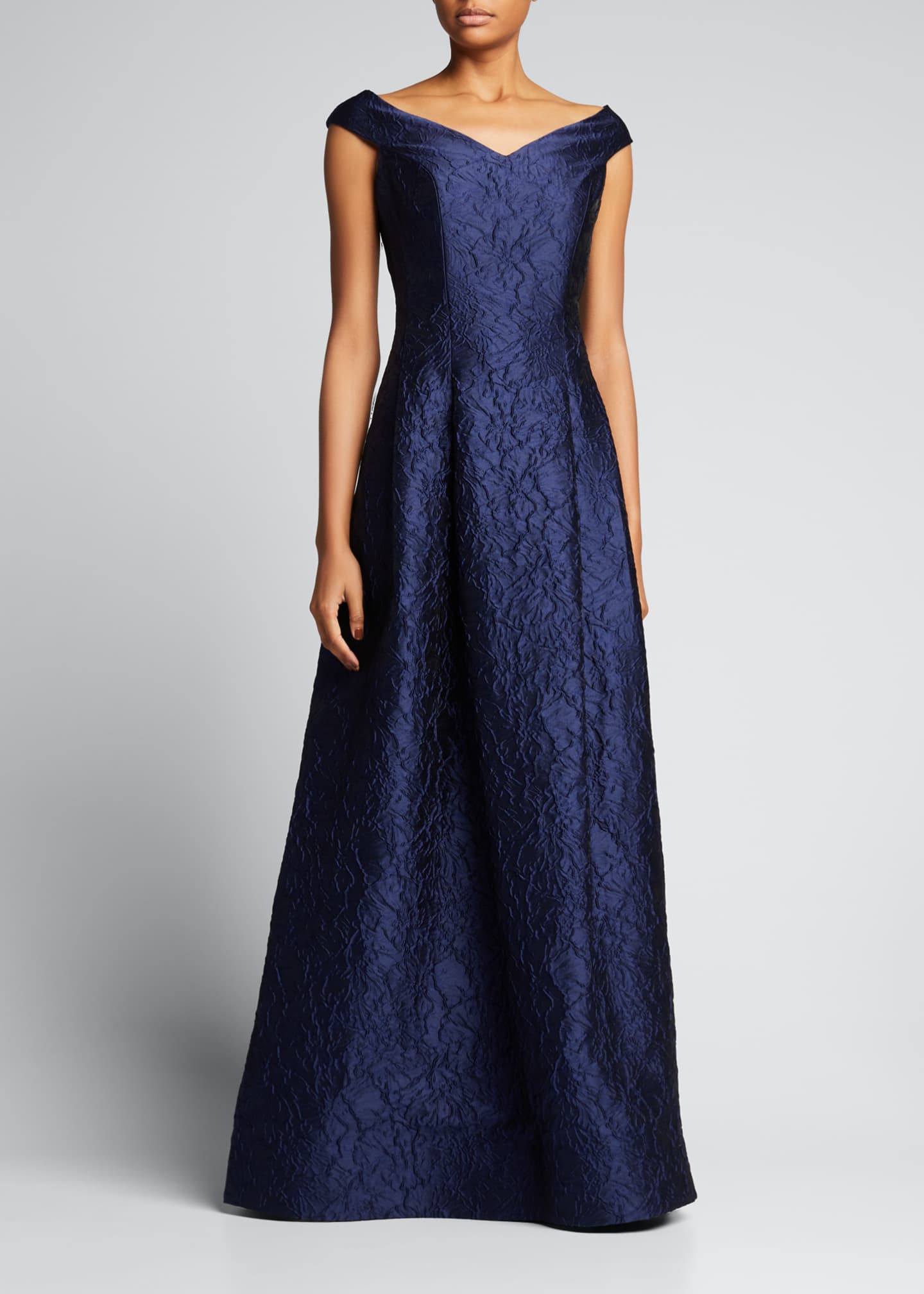
Rickie Freeman for Teri Jon Floral Jacquard OffShoulder Gown
Luxe essentials for lesspremium materialstransparent pricingethical production Financing with affirmpersonal shoppingdigital stylingfree returns Over 12,000 designerslatest trendsfind the best sales

Rickie Freeman for Teri Jon OffShoulder Metallic Floral Jacquard Gown
Luxe essentials for lesspremium materialstransparent pricingethical production Over 12,000 designerslatest trendsfind the best sales Financing with affirmpersonal shoppingdigital stylingfree returns
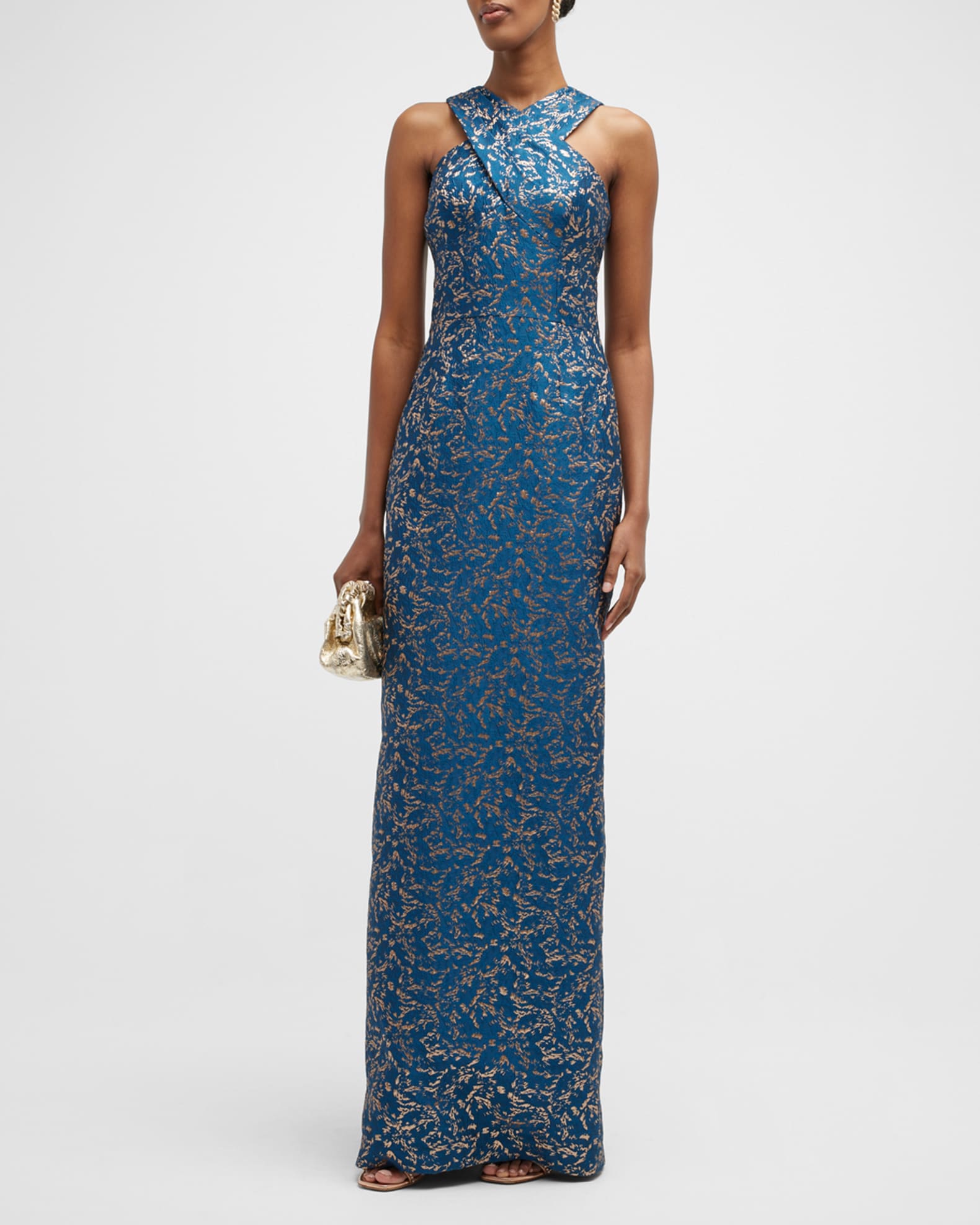
Rickie Freeman for Teri Jon Crossover Metallic Jacquard Halter Gown
Financing with affirmpersonal shoppingdigital stylingfree returns Luxe essentials for lesspremium materialstransparent pricingethical production Over 12,000 designerslatest trendsfind the best sales
The appeal of finding a hidden gem, something that has been cherished by someone else and is now available for a new owner, is a part of the allure of second-hand goods. There’s a certain art to selling something. The ability to share knowledge, ideas, and resources has empowered individuals in ways that were previously unimaginable. Whether it's old furniture that no longer fits with their style, clothing that no longer fits, or electronics they no longer use, selling second-hand items allows individuals to recoup some of the money they spent on these goods. Many online platforms also allow buyers and sellers to leave feedback and reviews, helping to build trust and credibility in the transaction. For sale, it seems like a simple phrase, yet it carries with it an array of possibilities, emotions, and decisions that can shape someone’s life. The sale and purchase of second-hand goods play a pivotal role in this transition, demonstrating how individuals can make a meaningful impact through everyday choices. In a world dominated by fast fashion, disposable electronics, and mass-produced items, many people are beginning to question the value of constantly purchasing new products. While many artists and creators are forced to sell their work in order to make a living, there is still a sense of purity in the act of creation. Yet, despite this shift, the appeal of quality craftsmanship has not waned. This shift from a linear economy, where products are made, used, and disposed of, to a circular one, where products are continually reused and repurposed, is a step towards a more sustainable and environmentally friendly world. These professionals help connect buyers with sellers, ensuring that both parties are well-informed and that the transaction process is as smooth as possible. It’s about letting go of something that no longer serves a purpose, while opening the door for something new to take its place. Entrepreneurs can launch businesses from their homes, and freelancers can offer their skills to clients across the world. For book lovers, buying second-hand books is an affordable way to build a library, and it can also be an opportunity to find rare or out-of-print titles that are no longer available in stores. However, there’s also an argument to be made that, over time, quality goods are often more economical in the long run. Whether it’s a handmade leather bag, a vintage watch, or a luxury car, the term “quality” brings with it an expectation — an assurance that the item in question has been crafted with care, attention to detail, and materials that can stand the test of time. The rise of online platforms has transformed the way second-hand goods are bought and sold. The culture of buying second-hand goods is rapidly shifting in the modern world, particularly among younger generations. This is especially true in a world dominated by fast fashion, disposable electronics, and mass-produced products.
Online platforms also give buyers and sellers the chance to evaluate one another through reviews and ratings, adding an extra layer of trust and security to the transaction. By choosing second-hand goods, consumers can help reduce waste, conserve resources, and lessen the demand for new production. As technology continues to advance at a rapid pace, second-hand electronics can offer a way for consumers to keep up with the latest gadgets without breaking the bank. For people looking to furnish their homes, build a wardrobe, or invest in certain hobbies or collections, second-hand goods often provide a way to access items they might otherwise be unable to afford. For those on the outside looking in, the idea of acquiring an existing business might seem both enticing and overwhelming. In the end, the real challenge is to navigate this world — to understand the forces of commerce that shape our lives, while holding onto those things that remain beyond the reach of money. The appeal of finding a hidden gem, something that has been cherished by someone else and is now available for a new owner, is a part of the allure of second-hand goods. For many, purchasing second-hand goods is not just about saving money, but about embracing sustainability, supporting a circular economy, and contributing to a more environmentally conscious world. One of the major environmental concerns with new products is the waste that they often generate at the end of their life cycle. It carries with it a deep sense of commodification — the idea that every part of our lives, every piece of our history, every corner of our existence, has a price attached to it. The durability and longevity of these products mean they don’t need to be replaced as frequently, reducing the need for constant purchases and ultimately saving money in the process. For many, purchasing second-hand goods is not only a practical and affordable choice but also an environmentally conscious one. People are increasingly looking for quality over quantity, preferring items that are durable, timeless, and well-made. The practice of buying and selling second-hand items has been around for centuries, but in recent years, it has seen a resurgence. Beyond practical reasons, the appeal of quality goods for sale also lies in the sense of pride and satisfaction that comes from owning something well-made. People are rediscovering the value of items that have been made by hand, with care and skill, as opposed to the impersonal, assembly-line products that dominate the marketplace. Whether it’s the affordability, the environmental impact, or the opportunity to find unique items, second-hand goods provide an alternative to traditional retail shopping that is both practical and sustainable. In this sense, online second-hand markets have not only made pre-owned goods more accessible but have also made them more desirable, offering an alternative to the mass-produced, one-size-fits-all nature of new products. They also often help with legal and financial aspects, ensuring that the transaction is completed smoothly and efficiently. Thrift stores, consignment shops, and online marketplaces like eBay and Poshmark provide a platform for people to sell or buy pre-owned high-quality goods.